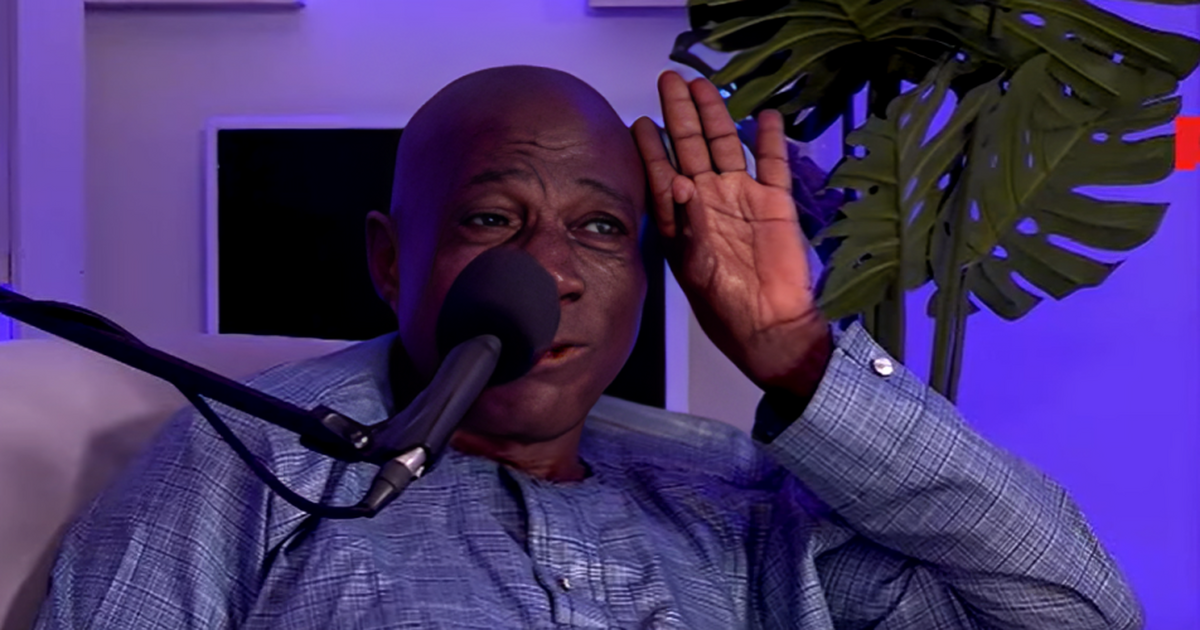Salisu Ahmed, a 66-year-old Nigerian man, has become the fourth person in the world to be cured of HIV (Human Immunodeficiency Virus).
Nigeria- This comes following a pioneering stem cell transplant performed at the City of Hope Medical Center in the United States. This achievement marks a significant milestone in the health sector, he is now the oldest individual to reach long-term remission from HIV, joining only a select few who have experienced such success. His journey, however, is one filled with both immense hardship, discrimination and hope
Ahmed contracted HIV 31 years ago after engaging in an extramarital affair, a fact he revealed in a deeply emotional interview. Living in Nigeria, he faced severe stigma and discrimination, as HIV was (and often still is) met with social ostracization. His neighbors had barred him from using shared toilets and bathrooms, and he was dismissed from his teaching job as soon as his condition became known. Adding to his struggles, his wife and children left him, further deepening the isolation he endured over the decades.
The life-changing moment came when Ahmed underwent a stem cell transplant at the City of Hope Medical Center, a facility known for its work in cancer and HIV research. The treatment involved using stem cells from a donor who possessed a rare genetic mutation known as CCR5-Δ32. This mutation blocks the CCR5 receptor on immune cells, a key pathway through which HIV enters and replicates within the body. By receiving these genetically mutated stem cells, Ahmed’s body gained the ability to resist the virus’s replication.
The success of the procedure allowed Ahmed to discontinue his antiretroviral therapy (ART), the standard treatment that keeps HIV at bay but does not cure it. Typically, ART(Antiretroviral Thearpy) must be taken daily to suppress the virus and prevent its progression to AIDS, but Ahmed’s transplant made it unnecessary, as he entered a state of complete remission. His case stands out because, unlike younger patients who have undergone similar treatments, Ahmed was 66 years old at the time of his procedure. This highlights the potential for the treatment to work in older individuals, a group traditionally seen as less viable for such intensive medical interventions.
Ahmed’s recovery now offers hope for millions of people living with HIV. While stem cell transplants are not a viable option for most carriers due to the procedure’s complexity, risks, and costs, Ahmed’s case however underscores the importance of continuing HIV research. Scientists are exploring ways to replicate the effects of the CCR5-Δ32 mutation through gene editing and other treatments that could one day make a cure more widely accessible.

Ahmed’s personal story also sheds light on the emotional and social toll HIV continues to exact on individuals. Despite medical advancements, the stigma around the virus still remains a significant barrier to treatment and acceptance, particularly in conservative societies.










Join our Channel...